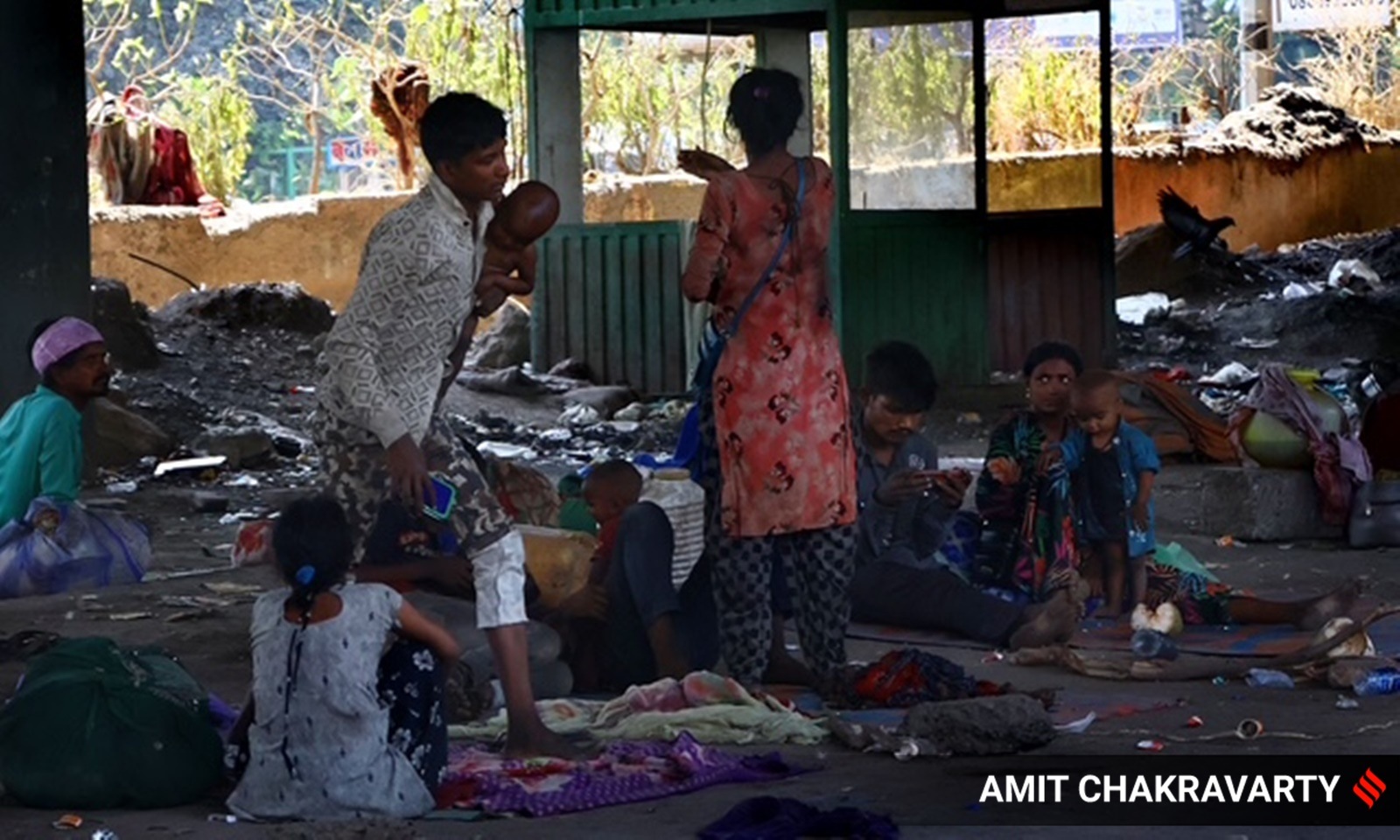Homeless Women are of left out of critical social welfare programs, says Mohammed Tarique, The Founder of Koshish Trust, which things for the protection and protection of the protection of the Rights of and Dignity of Home. In an interview with The Indian Express, Tarique – WHO IS ALSO A MEMER of the Supreme Court Monitoring Committee on Shelters for Urban Homeless – Sheds Light on the grave Issues womeless and the lack of government policy their spice. Concerns.
The United Nations High Commissioner for Refugees (UNHCR) Has Termed Homelessness A Global Human Rights Violation. Based on your extensive work, how would you describe the status of Homeless Women?
Homeless Women Face Greater Marginalisation Even Marginalised Homeless Communities. They live under the constant threat of violence and exploitation, yet they remain largely invisible in public discourse. Their suffering rarely enters the mainstream conversation unless a tragic equivalent draws temporary attendance. Unfortunately, this visibility is short-left, and they can fade from public consciousness again. This cycle of being forgotten is part of the tragedy they face daily.
Women’s issues in general are underrepresented, and they are more so for Homeless Women. They have deadwer oportunities to access crucial services, which legal, healthcare, or social support. This invisibility means they are deprived of oportunities for safety, recovery, and empowerment.
How do the challenges of homelessness differ for women compared to men?
The ISSUES FACED BY Homeless Women is distinct and significantly more complex than those who faceed by men. A Major Concern is the Lack of Women-Centered Services. Homeless Women Frequently Deal With Mental Health Conditions which are of the result of constant abuse and hostility they are being for being homeless. Their vulnerability to violence – where they live alone or with their family – is Much Higher.
Women’s Financial Dependence and Unsafe Living Conditions Of Place Them in Manipulative and Abusive situations. They are also forced to confront social stigma, which only adds to their marginalization. Homeless Women face exploitation in ways that their own counterparts
Story Continues Below this ad
 Addressing Urban Homelessness in Mumbai Requires a Multified Approach, Given The City’s Size, Complexity, and the Diverse Needs of Homeless Individuals. (Express Photo: Amit Chakravarty)
Addressing Urban Homelessness in Mumbai Requires a Multified Approach, Given The City’s Size, Complexity, and the Diverse Needs of Homeless Individuals. (Express Photo: Amit Chakravarty)
How is the state addressed the concerns of Homeless Women?
Homeless Women is largely absent from public policy discussions. Their needs are only acknowledged when something tragic happens, and even then, the responsive is typically tokenistic. For example, when the government discusses women’s safety or empowerment, Homeless Women are alMost never is stemped in these initiatives. Programs intended for pregnant women, lactating mothers, or young girls often overlook homeless women, leaving them excluded from essential support system.
Take the integrated child development services (ICDS) programs, for example. These schemes do not account for Homeless Women, which means they are entrely left out of critical social welfare programs. This exclusion perpetuates the cycle of invisibility and neglect. When it comes to crimes against Homeless Women, there is no documentation in criminal statistics, Further underscoring their absence from legal protections and public concern.
What steps should the government and social take to address the unique challenges faced by Homeless Women?
Story Continues Below this ad
First and foremost, we need a comprehensive, gender-sensitive legal framework. The laws are curently in place should be non-juddgmental and free from any stigma toward women who are homeless. For instance, it is crucial that healthcare services be designed to address women’s specific needs, Such as Gynaecological Care and Mental Health Support Through Outreach Program.
Additionally, there need to be a fundamental shift in how social views homenessness-paras Root causes, Such as Gender-Based Violence, Financial Dependence, And Sisteric India. Public Awareness and Societal Sensitization is critical in this regard.
We must also push for the establishment of more accessible shelters and support services tailored specifically to the needs of homeless women, encided with the necessary safety, dignity, anand. Rebuilding their lives. We need to see them as human beings.
